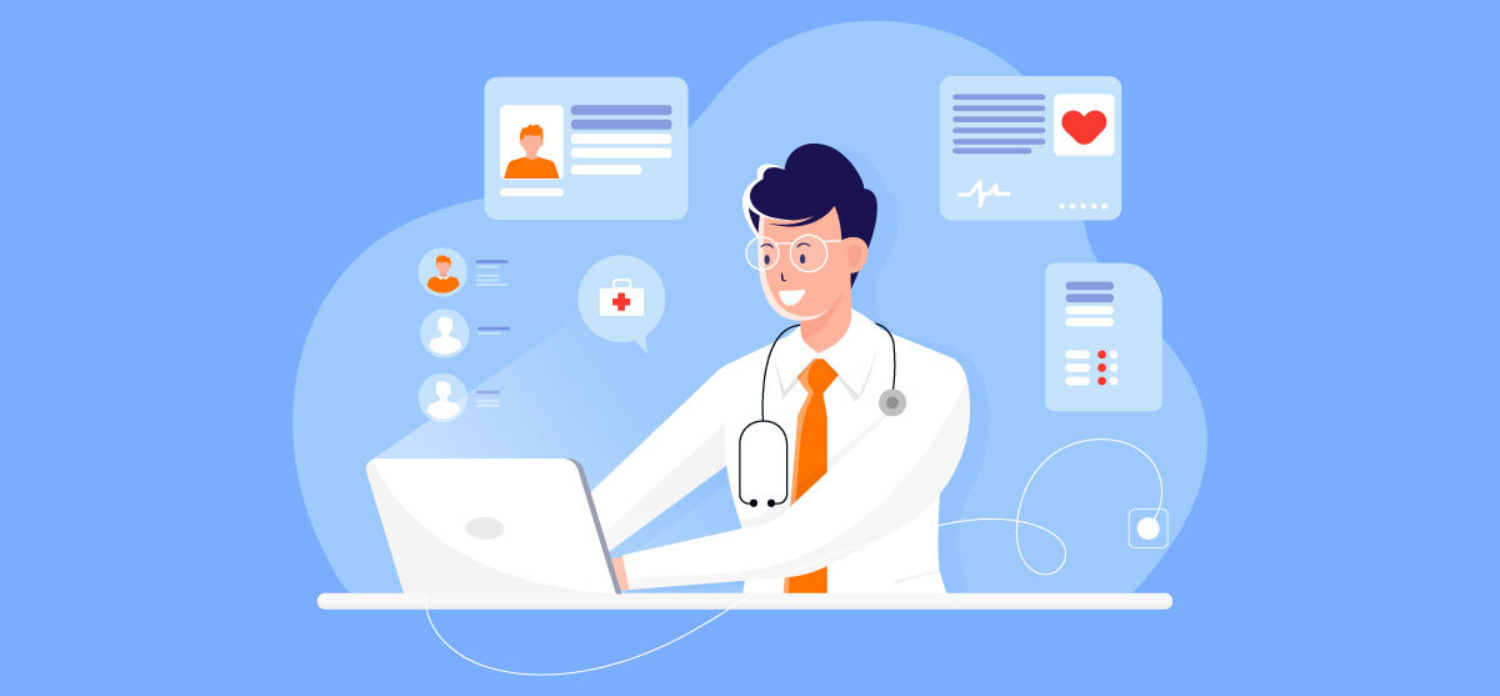Let’s explore the Outpatient Management System (OPD) within the context of Hospital Management Systems (HMS). This system focuses on efficiently managing outpatient care within healthcare facilities.
Here’s a comprehensive overview :
-
What is an Outpatient Management System (OPD)?
- An Outpatient Management System caters to the needs of patients who visit the hospital for consultations, tests, or treatments without being admitted as inpatients.
- It streamlines processes related to outpatient services, appointments, billing, and medical records.
- Key functionalities include managing patient appointments, tracking medical history, and ensuring timely care for those not requiring hospitalization.
-
Features of Outpatient Management Systems :
- Appointment Scheduling :
- Enables patients to book appointments online or through other channels.
- Reduces wait time and ensures efficient utilization of doctors’ time.
- Patient Records :
- Captures and stores medical history, treatment details, and previous visits.
- Facilitates continuity of care across multiple visits.
- Billing and Insurance Claims :
- Manages billing for outpatient services.
- Ensures accurate insurance claims processing.
- Pharmacy Prescriptions :
- Generates prescriptions for outpatients, ensuring timely medication support.
- Administrative Tasks :
- Handles administrative responsibilities related to outpatient care.
- Paperless Procedures :
- Digitizes patient-related details, reducing paperwork.
- Communication and Alerts :
- Notifies patients about appointments, test results, and follow-ups.
- Integration with Other Systems :
- Connects OPD data with other hospital modules for seamless information exchange
-
Importance of Outpatient Management Systems :
- Efficiency : Reduces patient wait time and administrative burden.
- Accuracy : Ensures accurate medical records and billing.
- Patient-centric care : Enhances patient experience during outpatient visits.
- Resource Optimization : Efficiently manages appointments and staff workload.
- Compliance : Meets legal and regulatory requirements.
- Communication : Facilitates communication between patients and healthcare providers.
In summary, an effective Outpatient Management System contributes to streamlined outpatient services, improved patient satisfaction, and efficient healthcare delivery.
